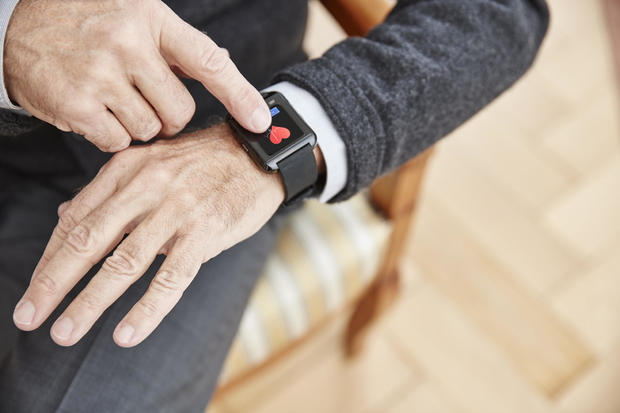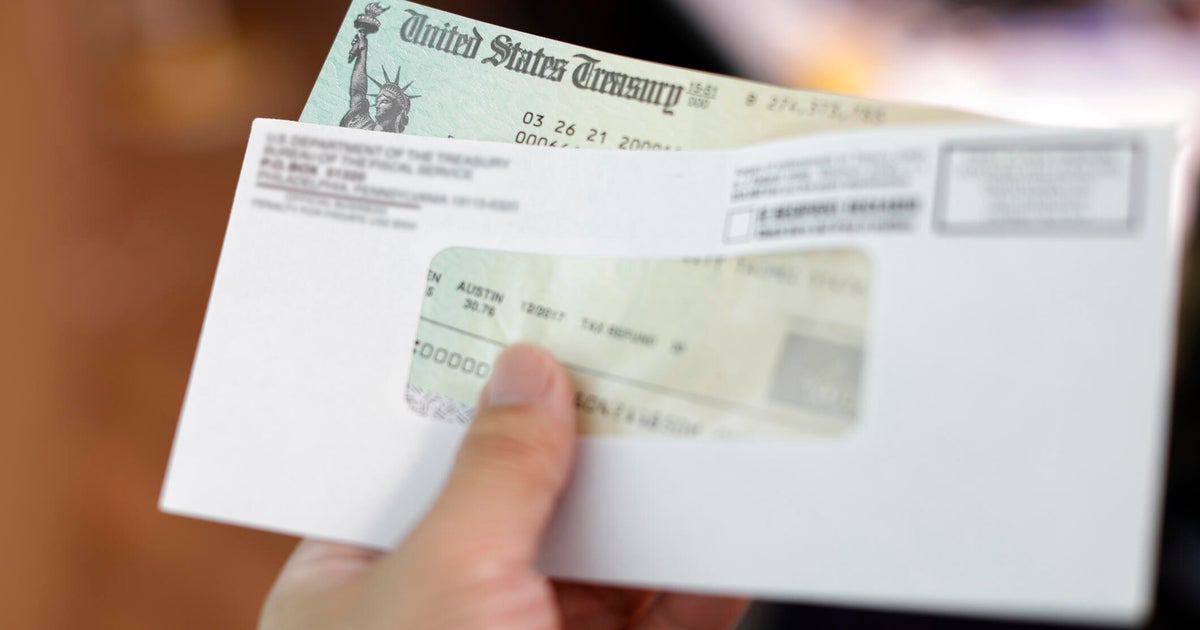Are medical alert systems worth it?
Older Americans often have to make tough financial decisions. In retirement, your income might be lower than it was during your working years, so you might need to stretch your savings. Meanwhile, certain types of expenses, like medical bills, can go up.
These financial concerns can lead to tough decisions. Across age groups, many Americans delay or avoid seeking medical care or using certain health-related devices due to cost issues. In retirement, these choices can be even harder to make.
One health-related area that older Americans may be weighing is whether the cost of medical alert systems is worth the benefits.
These systems can help seniors receive medical services or get in touch with loved ones in the event of an emergency. If someone falls and breaks a bone, for example, they might not be able to reach their cell phone or landline. But a medical alert system is more accessible and can automatically dispatch an ambulance if the person becomes incapacitated.
If this sounds like something you or a loved one could benefit from then consider getting a free quote. If you act now you may be eligible for significant savings.
A medical alert system's price could be worth the safety and peace of mind that it provides. Other people, however, might prefer to forego the cost. Instead, they might rely on a different type of smart device or family members to help if needed, even if that means potentially taking on more medical risk.
Here's what you should know about this unique protection.
What do medical alert systems typically cost?
The cost of a medical alert system largely depends on the included services and devices. When referring to a medical alert system that connects to a 24/7 monitoring service — i.e., a call center that can dispatch emergency medical services or provide other types of support — that usually starts at around $20-30 per month.
Medical alert system prices can vary. More expensive plans might be in the range of $40-70 per month. Sometimes these higher-cost plans come with additional services, such as automatic fall detection or support for when you're outside of your home. The costs can also depend on factors like the medical alert system using a landline vs. cellular service.
If you're not looking for a medical alert system that's connected to a monitoring service, but instead want something like a smart speaker or a wearable device that can be used to call 911 or a family member, the costs can also be different.
In these cases, you might pay a one-time fee, depending on the type of smart device you're looking for. Smart speakers might be on the low end of that range, whereas a smartwatch may be higher. These devices also have differences in terms of how they can make calls, so you might need to factor in the monthly service costs.
Not sure what to expect in terms of pricing? You can get a fast and free quote right now. Or consider using the table below to find a service that meets your goals.
What's included in the costs of medical alert systems?
When considering medical alert systems, look closely at what's included in different packages. The lowest rate might require landline service, for example, whereas a higher-priced plan might include its own cellular connection.
Also, consider what's included in terms of equipment. Many medical alert systems include wearable devices like necklaces as part of one monthly fee. But you also might be able to get additional equipment, like wall buttons that can be placed throughout your home or GPS-based devices that work outside your home.
A medical alert system provider might offer different tiers, with more features and/or equipment as you move to more expensive plans. But like with other purchases, don't assume that a higher-priced competitor automatically provides more features, services, or better quality. It depends on the provider, so shop around and compare your options.
Be mindful of additional costs like activation fees too. These one-time fees might not be much in the grand scheme of things — generally, they aren't more than $100 — but you still might want to factor them into your decision.
Who benefits from a medical alert system?
Paying for a medical alert system is a personal decision. While some people might think the peace of mind that these systems can provide is worth the cost, others might not be comfortable using the equipment.
That said, some examples of people that might benefit from a medical alert system include seniors who:
- Live alone and want additional support in case of a medical emergency
- Are at high risk of a medical emergency and want 24/7 access to a call center
- Aren't comfortable using or don't have devices like cell phones to contact loved ones or emergency medical services at a moment's notice
If you fall into one or more of these categories - or simply want to enjoy the added safety and protection that a medical alert system provides - consider speaking to an expert today. They can help you find a cost-effective plan that works for you.
Who might not benefit from a medical alert system?
Not everyone feels like a medical alert system is right for them. For some people, the cost might not be worth the benefits. Also, if you live with other family members, for example, then you might be comfortable relying on them for support.
Overall, deciding whether medical alert systems are worth buying depends on many factors like your living situation, health, budget, risk tolerance and comfort with different types of technology.
Have more questions? Contact a medical alert expert who can help guide you in the right direction.




